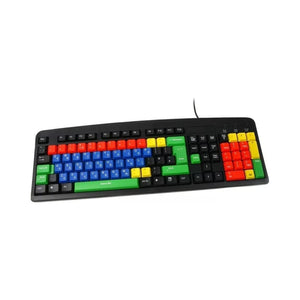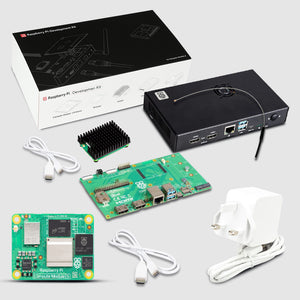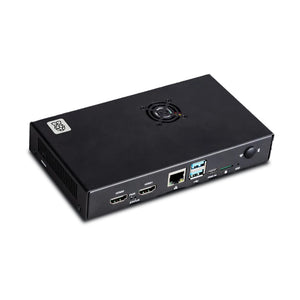If you've ever wanted to safeguard a box, door, or secret stash with just your fingerprint, this project by Joyce Lin (JoyceJetson) is a sleek, modern solution. Using a Raspberry Pi and a compact fingerprint sensor, it turns your authorized prints into digital keys—unlocking a latch automatically when matched.

At its heart is a Raspberry Pi (4 or similar) running the open-source Viam robotics platform. The device connects to an R503 fingerprint sensor via a USB-to-UART adapter and controls a servo motor that operates the latch. The sensor reads and compares fingerprints against enrolled templates; when a match is found, the Pi signals the servo to move, opening the lock.

What makes this setup especially compelling is its blend of practicality and open-source flexibility. Installation is streamlined through Viam, which handles device configuration, enrollment workflows, and servo control within an intuitive web interface. The result is a polished system capable of securing a geocache box, cabinet, or makeshift safe—no wiring nightmares or confusing code required.
Builders benefit from clear wiring diagrams, code snippets, and CAD models for a servo-based latch, making it easy to adapt to various enclosures. Plus, because Viam runs on the Pi, you get clean remote access and tweakability—ideal for gradual enhancements like adding Wi-Fi alerts or tighter security measures.

In essence, this finger-activated lock brings biometric authentication into the DIY space in a friendly, accessible way. It’s ideal for tech enthusiasts, makers, or educators looking to demonstrate security, robotics, and automation principles in a single sleek package. Click here to view the full project ➜








